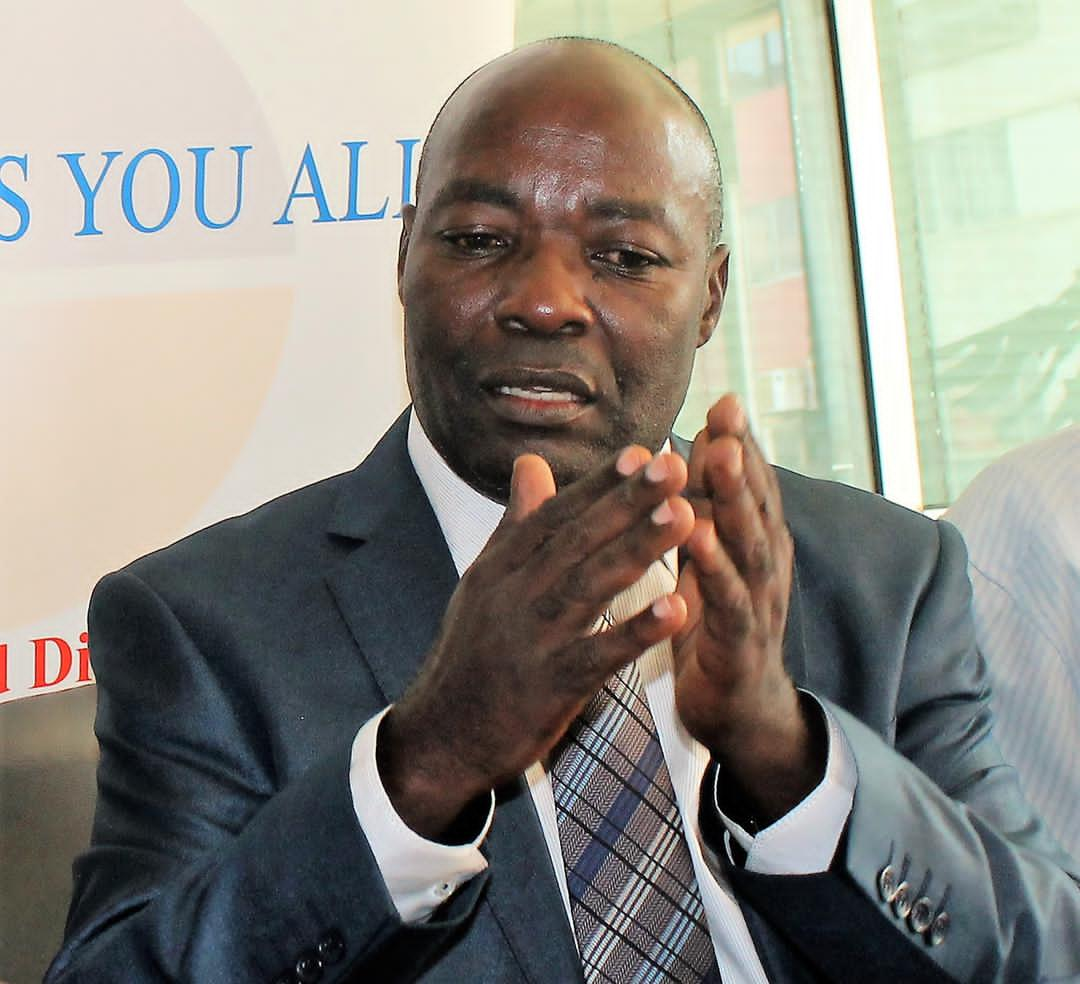The Chairman of Kampala City Traders Association (KACITA), Kayondo Everest has died.
Kayondo was pronounced dead on Wednesday afternoon from Lifeline International in Zana, Kampala where he had been admitted with Covid-19 symptoms on Saturday.
Mr. Abel Mwesigye, the KACITA Chief Executive Officer confirmed his death to this website.
“He died this afternoon at Lifeline International Hospital in Zana. He was admitted on Saturday after testing positive with Covid-19,” Mr Mwesigye said.
His death comes just days after the Executive Director of Private Sector Foundation Uganda Mr. Gideon Badagawa also succumbed to Covid-19.
Mr Badagawa passed away on Monday morning aged 59, with reports indicating that he succumbed to Covid-19 at Mulago National Referral Hospital where he has been receiving treatment since last week.
Who is Kayondo?
Professionally, Kayondo was a teacher-turned entrepreneur/businessman. In between the two careers, he added on another qualification in accountancy. He is also a family man with grown-up children who are all professionals in different fields.
Genesis of his businesses
Kayondo ventured into business about three decades ago with initial capital of Shs30, 000 which he saved from transport refunds, teaching and book allowances that would be provided to students in higher education of learning by the then government.
Unlike his friends who invested their money in music systems, cassettes, and huge mattresses (bedding), he acquired a small stall in Masaka market where he sold merchandise ranging from toothpaste, shoe polish to plastic cups, among other manufactured products.
“My intention then was to supplement on the meager salary I was getting as a teacher at Masaka Senior Secondary School,” Kayondo said in an interview with Daily Monitor in 2014.
“Before our salary was significantly increased in 1984, survival meant that a teacher would either moonlight—teaching in more than one school, or take both morning and afternoon teaching sessions to raise some more money,” he said.
Between 1986 and 1987, he graduated from a stall to a lock-up shop. In 1990, he moved to spacious premises in Masaka Town before making his way to Kampala City in 1995. “I was dealing in ladies’ items such as cosmetics, necklaces and several other beauty items,” he said in an interview last week.
![]()
























